settlement
Latest
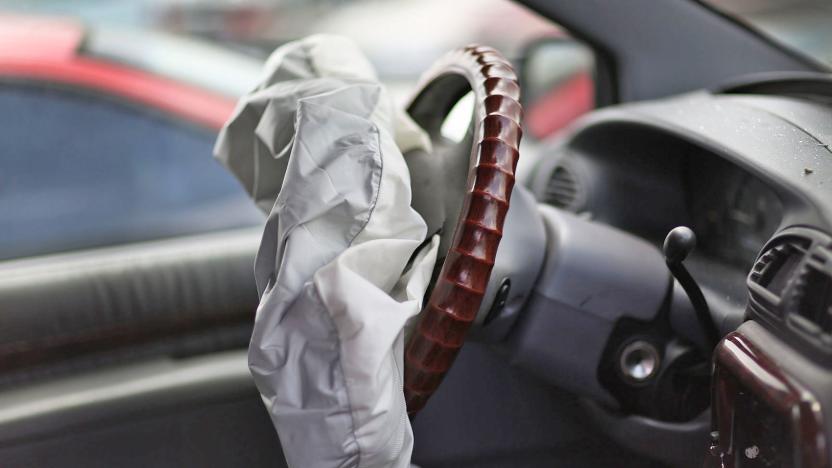
Honda sets aside $605 million to settle Takata airbag claims
The Takata airbag scandal affected several companies, but Honda felt its impact the most. Now, the Japanese automaker has agreed to a $605 million settlement to pay for buyers' claims related to the deadly airbags in the US. The money Honda set aside will go towards paying for all the out-of-pocket costs and lost wages customers might have incurred from having to get their Takata airbag-equipped cars repaired. According to Financial Times, part of that amount will also be used to create an outreach program designed to speed up the pace of the recall as well as the replacement of recalled parts.
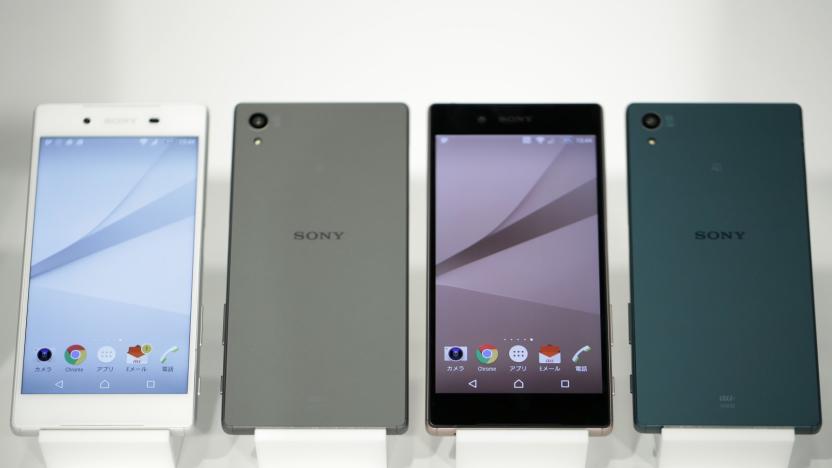
Sony owes Xperia owners a refund over faulty water resistance
When you buy a phone billed as water-resistant, you generally expect it to survive accidental dunks. Some Sony phone owners have a very different story, though -- their supposedly resistant phones took water damage that required an expensive fix. If you're one of them, we have good news. A preliminary settlement in a class action lawsuit will offer a 50 percent refund of the retail price to US customers who bought a water-resistant Sony Xperia device and had to file water damage claims. The list of affected hardware covers a whopping 24 phones and tablets sold in the US, ranging from the Xperia Z1 through to relatively recent devices like the Xperia Z5.

Uber agrees to 20 years of user privacy audits in FTC settlement
Uber has come under fire more than once for failing to protect privacy, and now it's facing the consequences. The ridesharing outfit has settled with the US' Federal Trade Commission over allegations that it not only didn't adequately safeguard data, but misrepresented how secure that info really was. Uber didn't monitor staff access to personal info as closely as it said it did, the FTC says, and it also gave a false impression of how secure that info was when stored on third-party servers. Instead, employees needed just a single key to get full access to data, and it stored some information (including customer locations) online in plain text. It even ditched an automated staff monitoring tool after less than a year.

Theranos settles Walgreens lawsuit with 'no finding of liability'
Theranos, the lab testing and equipment company, has had a bad couple of years. The company has been accused of all sorts of wrongdoing, including fake test results and false claims of "innovative" laboratory equipment. Last November, drugstore Walgreens sued the beleaguered corporation for a reported $140 million, the details of which were sealed behind several non-disclosure agreements. Today, however, Theranos has announced a "confidential settlement agreement" with Walgreens that apparently "resolves all claims among those parties."

Ashley Madison will pay $11.2 million to data breach victims
Ashley Madison is still picking up the pieces two years after the massive data breach that exposed millions of users' information. The parent company of the cheat-on-your-spouse website continues to deny any wrongdoing, but it has agreed to settle the preliminary class-action lawsuit filed on behalf of 37 million users whose personal details were dumped onto the dark web. Ruby Corp is ready to pay $11.2 million for the settlement, though the amount still has to be approved by a federal judge in St. Louis.
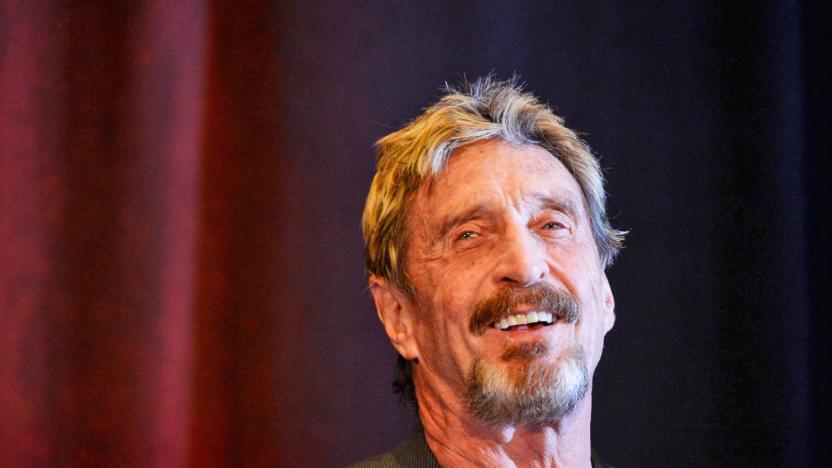
John McAfee settles Intel lawsuit over the rights to his name
John McAfee made headlines last year for a bunch of reasons, including a short-lived attempt to run for President of the United States. He also sued Intel for the right to use his name, six years after he sold his eponymous anti-virus company to the tech titan for billions. As they say, though, all's well that ends well now that the two have decided to settle things amicably. According to Reuters, the two parties already signed an agreement and US District Judge Paul Oetken in Manhattan dismissed his lawsuit and Intel's countersuit as a result. Under the agreement, McAfee can continue using his name -- so long as it's not for or related to cybersecurity and security products and services.
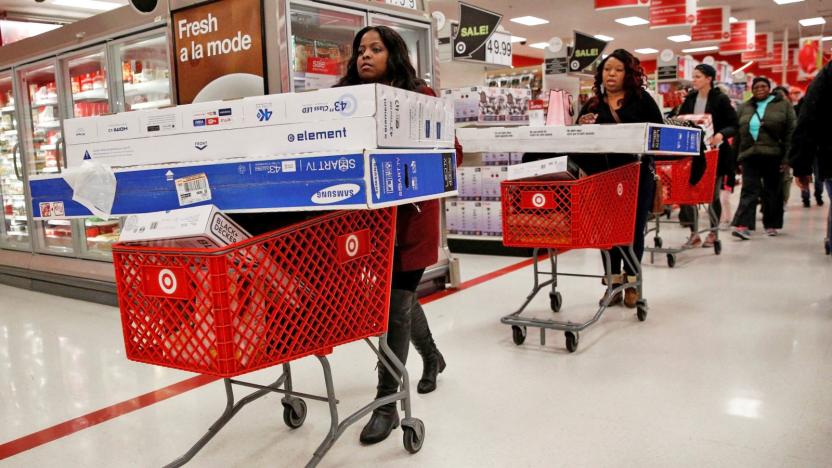
Target settles with 47 states over its 2013 data breach
Believe it or not, Target still isn't done paying the price for the 2013 breach that exposed the shopping data of tens of millions of customers. The retailer has reached a settlement with 47 states (and the District of Columbia) that will have it pay a collective $18.5 million and institute key reforms. It'll have to separate its card data from the rest of its network, further control access to its network (such as by implementing two-factor authentication) and run "appropriate" encryption policies. It'll also have to implement a "comprehensive" info security program with a dedicated executive, and hire an outside firm for security reviews.
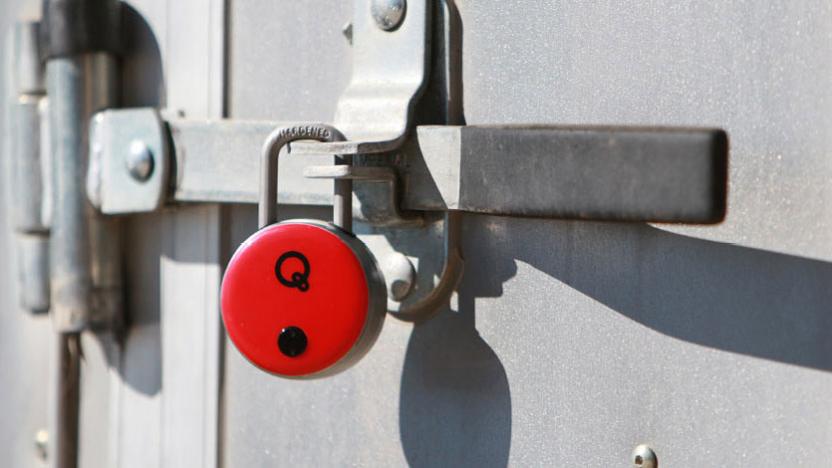
New York forces smart lock maker to improve its security
Smart locks promise the security of a traditional lock without the need to carry around a key. Most can be unlocked with a mobile app or an RFID-equipped card you can store in your wallet. Unfortunately, they're also pretty easy to hack open. The office of New York's attorney general, Eric T. Schneiderman, announced a settlement today with one such smart lock manufacturer. Utah-based Safetech Products has agreed to encrypt all of its smart lock passwords, electronic keys and other credentials within its locks, prompt users to change the default password upon initial setup and establish a more comprehensive security program.
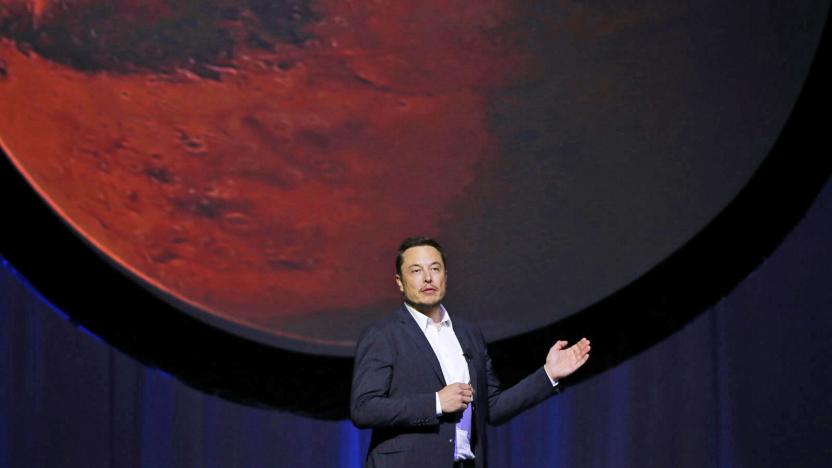
SpaceX settles with underpaid employees for $4 million
In 2016, a PayScale survey revealed that Tesla and SpaceX, both high-profile companies helmed by Elon Musk, are two of the lowest-paying employers in tech. A whopping 4,100 employees even filed a class-action lawsuit against Musk's space corporation for not giving them legally mandated breaks. Today, the company and the plaintiffs have finally agreed to settle that lawsuit for $4 million. According to Inverse, since $1.3 million will go to the plaintiffs' lawyers, most of them will only get $500 each, with the highest payout being $2,000.

Magic Leap settles sex discrimination lawsuit with former employee
Magic Leap created some serious buzz back in 2014 when Google, Qualcomm and other tech giants lined up to heavily invest in its mysterious mixed reality headset. Unfortunately, the tech may not live up to its own hype. Making things even worse, the company was sued for sex discrimination this past February by former employee Tannen Campbell, who, ironically, was hired to help create a more female-friendly product. While no specific terms have been revealed, the company filed a notice of settlement May 8th; the suit should be officially dismissed by June 2nd.

Konami and soccer star Maradona call truce over game licensing
That dispute between Konami and sports legend Diego Maradona didn't last long. The two have reached an out-of-court settlement over Pro Evolution Soccer 2017's alleged use of the footie star's likeness without his permission. The exact financial figures aren't public, but Konami is paying Maradona in return for a big favor: he'll promote the game from now until 2020. He's also donating some of the money toward improving soccer pitches in his native Argentina.
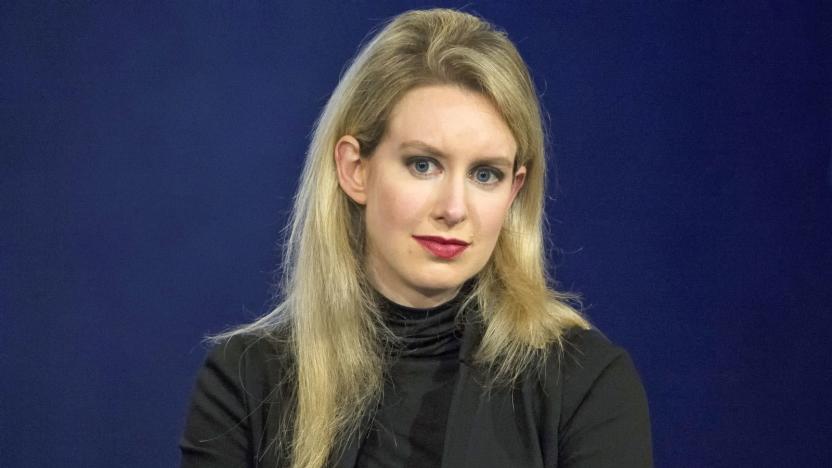
Theranos' financial troubles are starting to pile up
Theranos has been having an awful time of it lately, mostly of its own making, with several lawsuits in place, including ones from Walgreens and hedge-fund Partner Fund Management (PFM). The company that promised investors a revolutionary blood-testing technique and custom analysis machinery has just settled the latter suit for an undisclosed sum. The original lawsuit sought recovery of a $96.1 million investment plus damages. A particularly large settlement could have a significant impact on the beleaguered company, of course, which told investors that it only had $200 million in cash as of the end of last year. The Wall Street Journal reports that Theranos has already spent $5 million on other recent settlements.

Airbnb agrees to register all hosts in San Francisco
Airbnb, HomeAway and San Francisco have finally set aside their differences and figured out how to automatically register all hosts in the city. The house-sharing service sued the city in federal court after an ordinance was passed by supervisors that levied fines against short-term rental companies that allowed guests to book with unregistered hosts.

Tesla's Autopilot lawsuit ends with a ho-hum settlement
Tesla's lawsuit over the alleged theft of Autopilot trade secrets is coming to a quick end. The electric car maker has settled its lawsuit against Sterling Anderson, who was accused of violating his contract by making off with Tesla technology and forming a competing self-driving startup, Aurora Innovation, with the help of both former Tesla engineers and Google's Chris Urmson. The deal has Tesla withdraw its claims without asking for damages, court costs or any findings of guilt. In return, though, Anderson and Aurora are not only paying $100,000, but will face some very close scrutiny.

Theranos settlement means it could have a lab again in 2019
Theranos has been headed toward disaster for a while through its questonable blood testing methods, but it might have just avoided the worst possible outcome. The biotech outfit has reached a settlement with the Centers for Medicare & Medicaid Services that should end the legal and regulatory fights between the two. In return for Theranos dropping appeals of both its 2-year lab ban and sanctions on its Newark lab, CMS has decided against revoking Theranos' Clinical Laboratory Improvement Amendments (CLIA) certificates and reducing the civil financial penalty to $30,000. Theranos is voluntarily giving up the certificates, as it's not running labs that would need them.
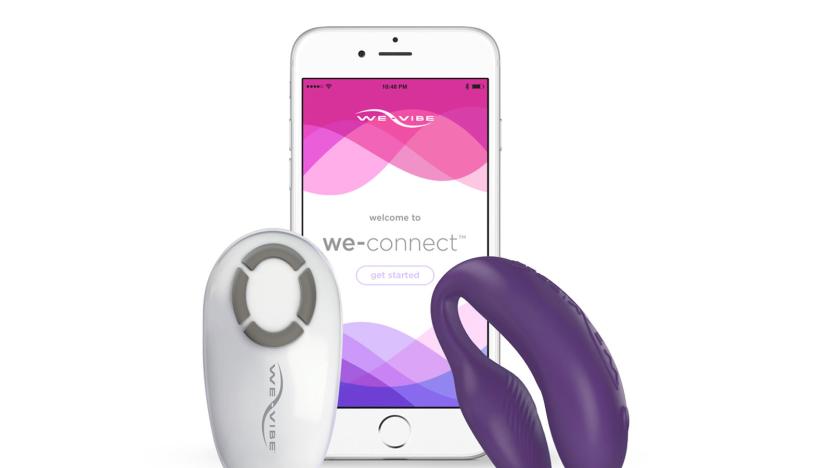
Sex toy maker agrees to stop collecting intimate data
It can be quite costly to violate the privacy of sex toy users, apparently. Standard Innovation has settled a lawsuit accusing the company of collecting "highly intimate and sensitive data" from its We-Vibe vibrators without their owners' knowledge and sending it to the company's servers in Canada. The agreement will create a $3.75 million US ($5.06 million Canadian) compensation fund that will pay up to $10,000 US to buyers who used the companion We-Connect app, and $199 US to those who just used the vibrator. More importantly, the company has agreed to both stop collecting sensitive info and to purge the info it has collected until now.
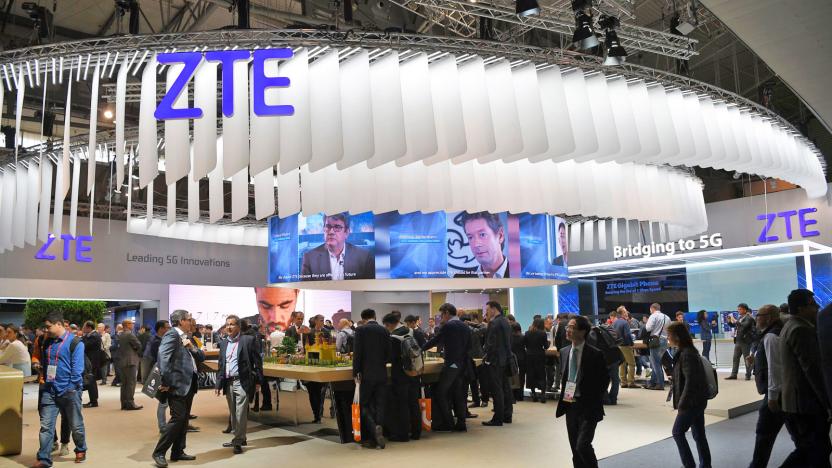
ZTE will pay $1.19 billion for violating US trade sanctions
ZTE is still feeling the pain from its alleged violation of US trade sanctions against Iran and North Korea. The Chinese tech giant has reached an agreement with the Commerce Department to both plead guilty to violation charges and pay a total of $1.19 billion ($892 million in the Iran case) as a penalty. That's a stiff cost, but ZTE didn't have much choice. The US' sanctions against the company, suspended while the two sides negotiated a deal, would have crippled its business by largely denying access to crucial American parts like Qualcomm's mobile processors.
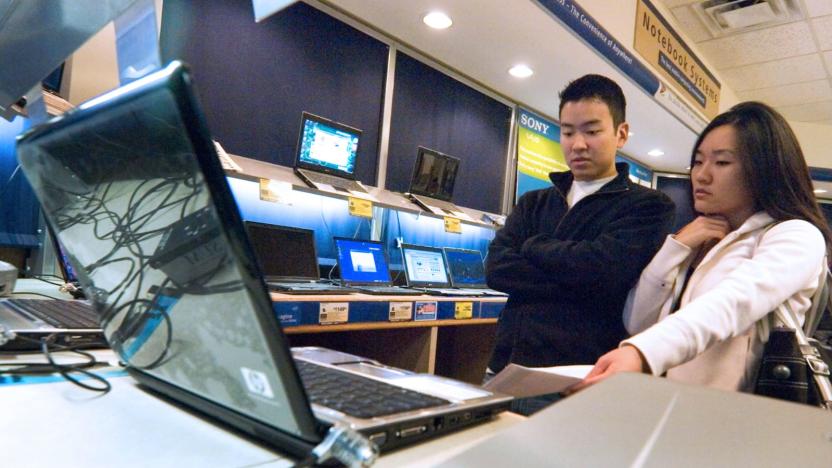
Your old PC's DVD drive might earn you $10
The PC you had a decade ago might be a clunker in comparison to what you have now, but it might just make you a little extra money. In the wake of a class action settlement with major optical disc drive makers over price fixing, Americans can now claim $10 in compensation for every PC-capable DVD drive they bought between April 1st, 2003 and December 31st, 2008. That's whether or not the drive was built into your system, we'd add. You'll have to live in one of 23 states or Washington, DC, but you could have a payment on the way with just a few minutes' work. You have until July 1st, 2017 to make a claim.

Vizio tracked and sold your TV viewing habits without consent (updated)
A settlement with the Federal Trade Commission and the New Jersey Attorney General will cost Vizio $2.2 million. That sum will settle the charges with both the state and federal agencies after a complaint that Vizio installed software on 11 million smart TVs to track viewing histories without consumers' knowledge. As part of the settlement, a federal court could order the company to disclose its data collection and sharing practices and get express consent from customers before doing so.

Volkswagen agrees to yet another diesel cheating settlement
Volkswagen has agreed to pay at least $1.2 billion to compensate US owners for lying about emissions on 3.0-liter diesel vehicles. Owners of 20,000 model-year 2009-2012 cars -- which can't be fixed to meet legal standards -- will be offered a buyback or trade-in and from $7,755 to $13,880 in compensation, depending on the model. Buyers of 58,000 newer cars will have their vehicles repaired and receive up to $16,114. However, if the FTC isn't satisfied with the fixes, VW could be forced to buy back those cars too, making the settlement as high as $4 billion.





